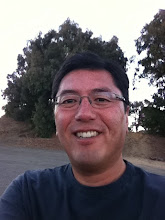Earlier this week, I bought a coffee table on Overstock.com. When I next logged into Facebook and saw this at the top of my newsfeed:
I was pretty surprised to see this, because I received no notification while I was on Overstock.com that they had the Facebook Beacon installed on the site. If they had, I would have turned it off.
I had my own personal experience with Beacon this past weekend. After I purchased some tickets on Fandango, I was asked if I would like this transaction sent to my Facebook profile. I was pretty spooked when I saw this but fortunately, unlike Charlene's experience, I had the opportunity to say "no".
Needless to say, users and privacy advocates, including MoveOn.org, are not happy about Beacon.
